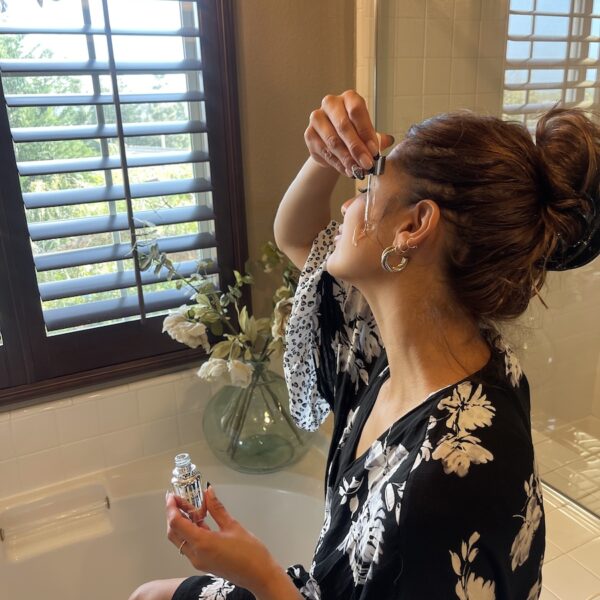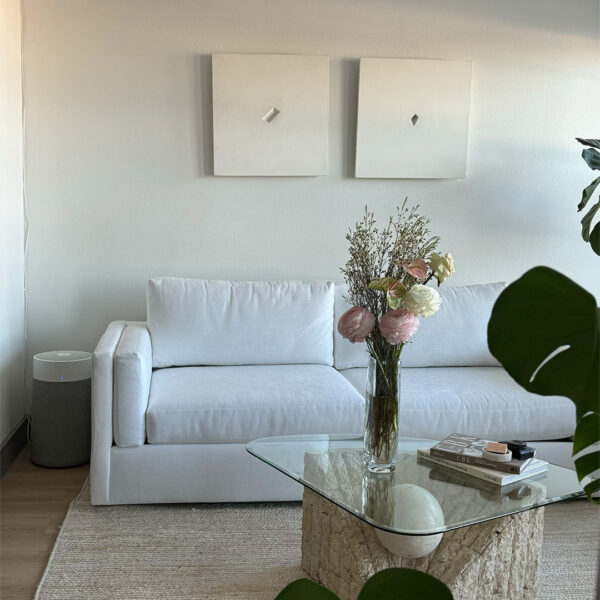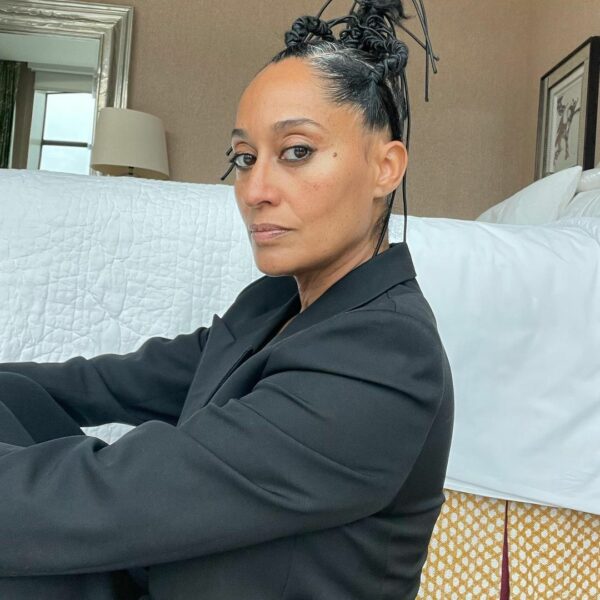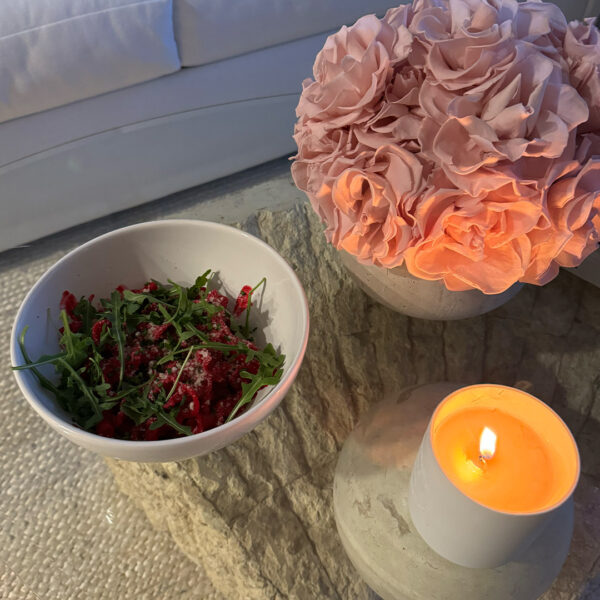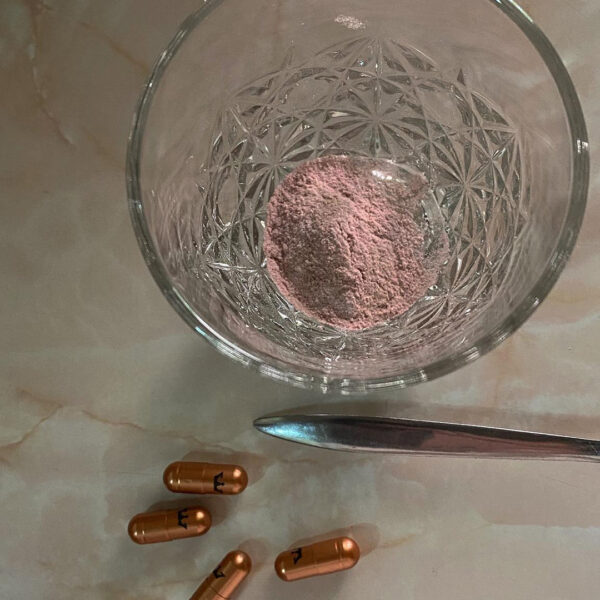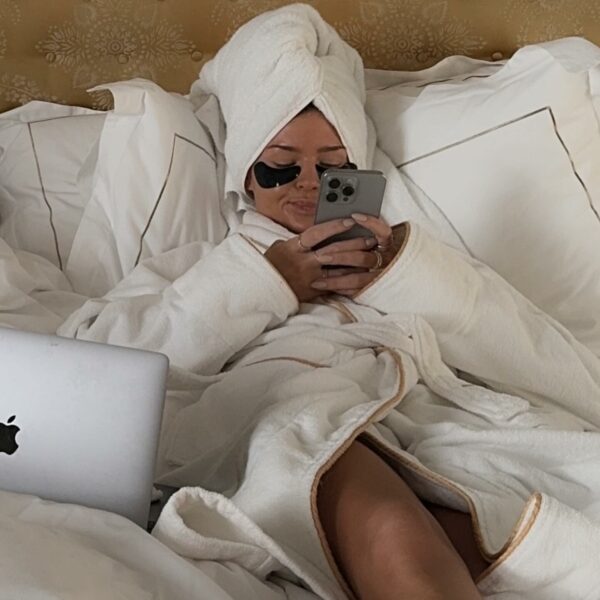We all know that sleep is the ultimate act of self-care. A solid eight-plus hours of restful sleep and proper cycles will have us waking up energetic, blissful, and radiant. So why do we push the boundaries? Why do we stay up well past the hour we give ourselves, despite the consequences?
A lot of it has to do with modern Western society. We grind all day, giving ourselves to work, other people’s projects, their hopes and dreams, products, brands. Even those of us who work from home don’t really get a chance during the weekdays to enjoy our own spaces and feel like we are owning our time. At the end of a long workday, it’s already well into dinnertime, and we need several hours for “me” time. For self-care. For hobbies, interests, and an opportunity to be straight-up nonproductive.
The world we live in values productivity so highly that it’s nearly impossible to feel good about ourselves during the day if we have an unproductive hour. But humans are designed to need rest and leisure. And for many, rest and leisure and nonproductivity mean doing a face mask. Giving ourselves a complicated pedicure. Testing out that new GF cookie recipe. Binging Netflix. Trying to find juicy paparazzi photos of Leo and Camilla. It’s how we play, and it’s necessary.
But many of us take it too far. We know we need to rest, but in an act of rebellion, we fight off bedtime despite a non-negotiable morning alarm to start work all over again. We wake up tired, resenting our wake-up call and even the meaningful work we need to accomplish. We vow to get to bed earlier tonight as we yawn through our 3 p.m. Zooms, but we don’t hold ourselves accountable, because playtime is too fun, too necessary.
We spoke with Alanna McGinn, founder and Certified Sleep Expert of Good Night Sleep Site, a global sleep consulting practice. She is the host of the “This Girl Loves Sleep” podcast and author of This Baby Loves Sleep, and she helped us understand how to get organized so that we can prioritize sleep, and still make space for ourselves in our hectic days as we shift into evening mode. Here are a few tips to consider as we plan our nighttime “me” hours.
Be consistent with your bedtime.
“When we follow consistent sleep patterns, we’re able to sync our sleep with our internal 24-
hour biological clock, sending signals to our body to be awake or asleep. This helps us fall asleep easier and also wake easier in the morning.”
We know this is hard, and not all of us can be this regimented when it comes to scheduling time to chill. Does it really need to be the same hour every night, or can it be between a few in proximity, say, sometimes 10 p.m., sometimes 11?
“It’s always best to keep to an 80/20 rule,” McGinn shares. “This way you can stay well-rested while occasionally breaking the rules. Eighty percent of the time keep to consistent sleep patterns and routines, and 20% of the time, life happens and sometimes bedtimes will be later.” So don’t worry, get that drink with a friend, finish the movie, the chapter, the pedicure. Tomorrow, though, that’s when we gotta stick to it.
Make specific time for you.
“It’s important to take the appropriate time to focus on yourself and take time for you. This is where I encourage an hour slow-down period before bed. Take the first 20 minutes and prepare yourself for the next day. Pack your lunch, pick out your outfit, and jot down your to-do list.
The next 20 minutes is all about you. Practice your nightly hygiene like getting changed in fresh pj’s, washing your face, and doing your nightly beauty care routine. The last 20 minutes, you can incorporate whatever bedtime routine fills your quality ‘me’ time bucket. It could be practicing a quiet wind-down activity, reading a few chapters in a book, or watching an episode of your favorite show. It’s important to set those limits though. It’s OK to watch one episode. Not the entire season.”
Might have to write that last bit down on a Post-it on the bathroom mirror like a mantra. “I will not watch an entire season a night.”
Don’t accumulate sleep debt.
“When we consistently go to bed too late and don’t get the amount of sleep our body needs, we can accumulate a sleep debt. When we are chronically sleep-deprived, we become at risk of long-term health issues like high blood pressure, increased risk of heart attack and heart failure, increased risk of stroke, obesity, depression, and other mood disorders, and an increased risk of diabetes type 2.” It’s not all about eye bags and dull skin.
Make a restful routine.
Save the dancing to guilty-pleasure pop loud in your headphones for your morning “me” time. Think about yin yoga, journaling, skincare, and reading for your post-dinner activities.
“It’s all about making the time to better our overall wellness. If we want to improve our physical fitness, we have to make the time to go to the gym and work out. When we want to eat better, we have to make the time to cook healthy meals, and if we want to sleep better, we have to look at a calming and relaxing routine as something we have to make time for to help us fall asleep easier and get better, restful sleep.”
Shop our sleep collection:
The content provided in this article is provided for information purposes only and is not a substitute for professional advice and consultation, including professional medical advice and consultation; it is provided with the understanding that Poosh, LLC (“Poosh”) is not engaged in the provision or rendering of medical advice or services. The opinions and content included in the article are the views of the interviewee only, and Poosh does not endorse or recommend any such content or information, or any product or service mentioned in the article. You understand and agree that Poosh shall not be liable for any claim, loss, or damage arising out of the use of, or reliance upon any content or information in the article.
Up next, be the first to know our weekly content and sign up for our Poosh newsletter.









